I have long held the belief that “the church now” plays a significant role in Ghana’s problem. Over the past years, the Ghanaian church has increasingly lost its voice and influence in society, largely due to pervasive hypocrisy, corruption, and a failure to live out its prophetic mission with the courage it demands. The church has become susceptible to manipulation by politicians who seek to leverage its platform for their own agendas. Often, they either use officers of the church or the church’s platform to legitimize their own deceitful narratives and empty promises, further eroding the church’s credibility and impact.
This blog, primarily responds to Ghana’s Vice President and Flagbearer of the governing NPP, Alhaji Dr. Mahamudu Bawumia’s recent invitation to attend the 2024 General Assembly of the Presbyterian Church of Ghana (PCG) in Abetifi, Ghana. Consistently, I have argued that such invitations are not only gratuitous but also compromise the church in numerous ways. By allowing political figures to intertwine their agendas with the church’s sacred mission, the church risks becoming a mere tool for political gain rather than a transformative force in society.
It is widely recognized that the church has been a significant force in shaping political and social discourses in Ghana. No one can deny the crucial role the church has played in upholding and nurturing Ghana’s democracy over the years. As an institution deeply embedded in the fabric of Ghanaian society, the church has served as a vital avenue for peacebuilding and national development. Historically, the church has often been the go-to mediator in times of political tension, offering its platform for dialogue and conflict resolution among rival political parties. Its ability to bring together opposing sides and foster constructive conversation has been instrumental in maintaining peace and stability, particularly during moments when the country has faced the threat of chaos and unrest. Beyond its mediation role, the church has been a steadfast advocate for justice and moral integrity, championing the causes of the marginalized and holding those in power accountable. Its contributions to national development, from educational initiatives to healthcare services, have had a profound impact on the lives of countless Ghanaians.
But, the church is increasingly drifting away from its biblical mandate, becoming entangled in the web of politics and seeking political connections and financial gain over spiritual integrity. As Ghana’s election season approaches, the political landscape in Ghana heats up with politicians maneuvering like lions, moving from one platform to another, peddling promises—many of which are empty—and canvassing for votes. Unfortunately, this political frenzy has only deepened the sharp divisions among citizens, polarizing the nation to an alarming degree.
Ghana has become a nation where partisan politics dominate every sphere of life, creating an environment where people are often unable to disentangle their political affiliations from reality. This polarization has seeped into the very fabric of society, influencing not just public discourse but also personal relationships, workplaces, and even religious communities.
Amid this growing divide, the church has regrettably become a conduit for political campaigning. Far too often, churches invite politicians to their pulpits, offering them a sacred platform in exchange for financial donations and personal relationships between church officers and political leaders. This practice compromises the church’s integrity and blurs the line between God’s mission for the church and political endorsement. Instead of serving as a neutral ground for all believers, the church risks becoming yet another battleground for partisanship, further alienating those who seek solace and truth in their faith.
When we invite politicians to our sacred spaces—whether during divine services, church conferences, or other religious gatherings—we risk overshadowing the message of God with political rhetoric. This practice diverts the focus of worship away from spiritual nourishment and instead places it on the transient and often divisive realm of politics.
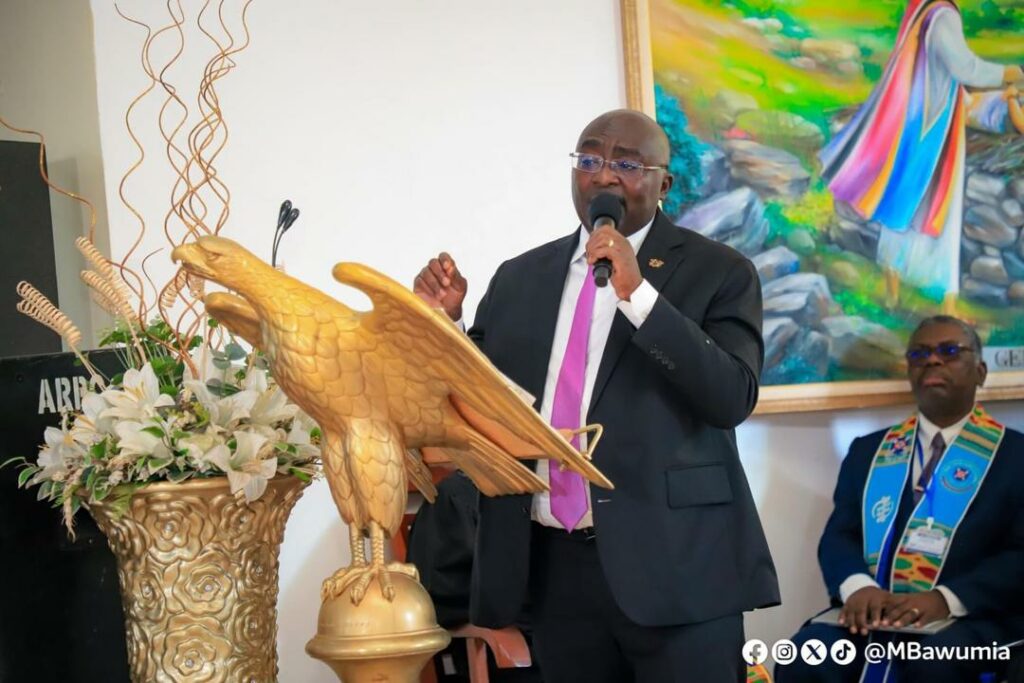
Consequently, church members often leave these gatherings not with the word of God resonating in their hearts, nor with a renewed sense of their divine calling to positively impact their communities. Instead, they rather leave with political campaign messages echoing in their minds, messages that may sow seeds of division within the congregation. Rather than departing as ambassadors of Christ, who carry His teachings into the world, they leave as ambassadors of political ideologies, more concerned with the successes or failures of political leaders than with their own spiritual growth and the collective mission of the church.
The church should invariably be a bastion of unity and refuge and not a space of division where the faithful are divided along partisan lines. Instead of promoting a sense of community and shared purpose, the church risks becoming just another arena where political battles are fought, leaving congregants more entrenched in their political views than in their commitment to Christ. This troubling trend raises critical questions about the church’s role in society. How can the church reclaim its prophetic voice and resist the temptation to be swayed by political and financial pressures? How can it serve as a unifying force in a nation increasingly divided by partisan loyalties?
Another critical issue that arises from inviting politicians into our churches is the ethics surrounding financial donations from these political leaders. It is an open secret that these invitations are often extended with the expectation of receiving significant monetary contributions. For instance, when Dr. Bawumia attended the General Assembly of PCG, he donated One Hundred Thousand Ghana Cedis (GH¢100,000) to the church– essentially, he bought a 30-minute “airtime” to address the congregation. This donation is not limited to the PCG; the Vice President receives similar invitations from other mainline churches, and during each visit, he makes substantial personal donations openly.
These actions raise several ethical questions. First, when politicians donate such large sums of money to churches, do we ever stop to consider where these funds come from? Isn’t this one of the reasons why we struggle to fight corruption in Ghana? If politicians are spending these large sums of money during campaigns, won’t they be tempted to recoup their donations from the state purse once in office?
Moreover, how can the church maintain its prophetic voice against corruption if it continues to accept sizable, unaccounted-for donations from politicians? Does this not risk compromising the church’s integrity and its ability to speak out against the very corruption it may unwittingly be enabling? By accepting these donations without question, does the church risk becoming complicit in the unethical practices it seeks to condemn? These are difficult questions that demand serious reflection, as the church must consider the long-term impact of these financial relationships on its mission and moral authority. When we accept these donations, the church risks compromising its ethical stance and its ability to hold politicians accountable for corruption and a lack of transparency. The very act of receiving such donations can undermine the church’s authority to speak out against corruption and bad governance, creating a conflict of interest that can erode public trust in the church. Moreover, these financial transactions can blur the lines between church and state, leading to questions about the church’s independence and its ability to maintain a prophetic voice.
I am not suggesting that the church should bar politicians from attending church events. After all, Christ’s love extends to everyone, including politically exposed persons. Nevertheless, when they pay us courtesy calls, it should not be an extension of political rally grounds for them to churn out promises, most of which turn out to be political phantasmagoria. I suggest that we should rather harness such rare privileges to pontificate the good news to them – pricking their conscience to lead a country where each of us defines all of us rather than building an oligarchic government. Their humongous donations should not blind us to forget that they were and still are our church members who now occupy positions of trust. When politicians enter our churches, we must seize the opportunity to speak truth to power. They need to hear about the spiritual consequences of their actions—the reality that God’s judgment awaits those who perpetuate injustice. They must be reminded that political power is transitory, but the legacy they leave, especially if marred by corruption and neglect, will have eternal repercussions. We must challenge them to reflect deeply on their actions and urge them toward genuine repentance and meaningful reform.
The message to the politicians should be clear: God’s vision for Ghana is one of equity, compassion, and justice (Amos 4:1-2). It is a vision where no child dies because hospitals lack basic resources, where education is truly accessible to all, where employment is a right and not a privilege, and where every citizen can live with dignity. This is the Ghana that God desires, and it is the responsibility of the church to preach God’s “mind” to these politicians (Mic 3:1-12), not to jump into photoshoots or fund raising whenever they join visit the church.
God has mandated the church to hold state leaders accountable. The church should not be swayed by their promises or enticing donations (which they will take back after they win power). When we invite political leaders, we should use our platform to call out injustices and to urge them to embrace their responsibilities with honesty and humility.
In both your sermons and in your laying of hands on them for fervent prayers, seize that opportunity to make it clear that God hates lies, corruption, abuse of power, oppression, and dishonesty.
The time has come for the church to reclaim its prophetic voice and stand firm in its mission. We must not allow our sacred spaces to be compromised by political agendas and financial temptations. Let us rise to the challenge, hold our leaders accountable, and be unwavering in our commitment to justice, integrity, and the true message of God. Ghana deserves a church that speaks truth to power, champions the cause of the oppressed, and leads the nation toward a future grounded in equity and compassion. The change begins with us—now is the time to act!
Photo Credit: facebook @MBawumia
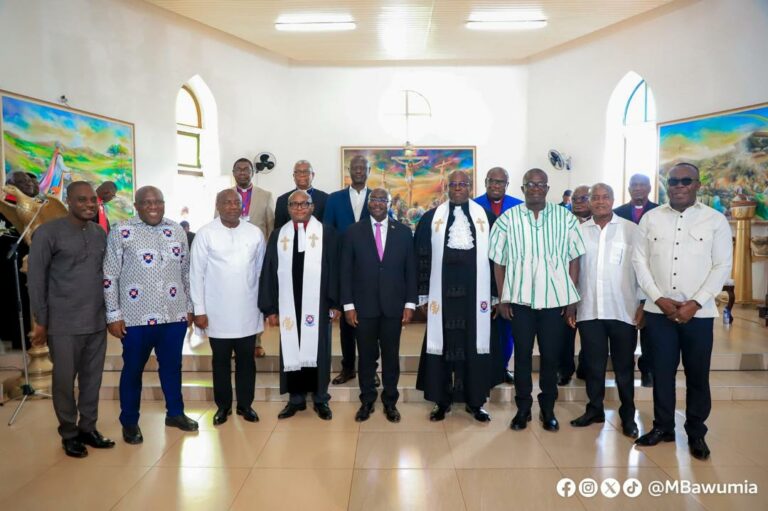

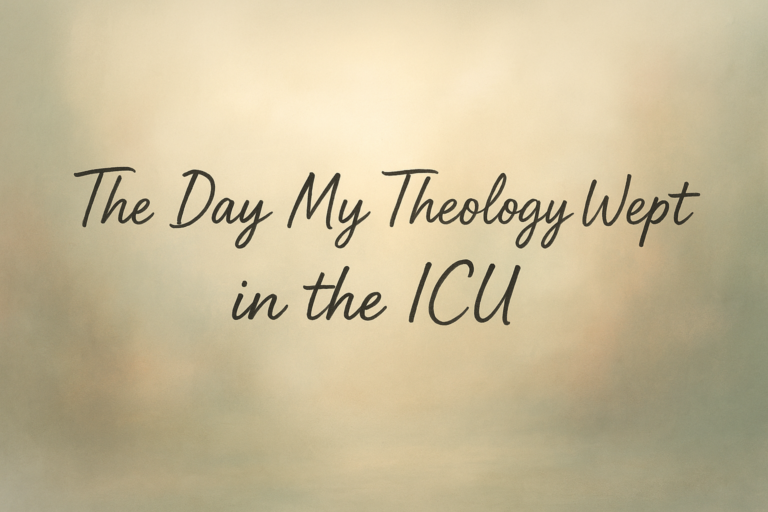
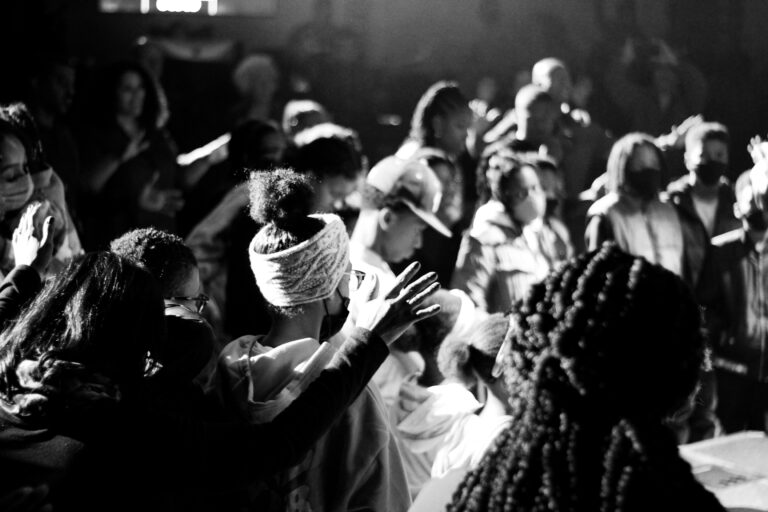
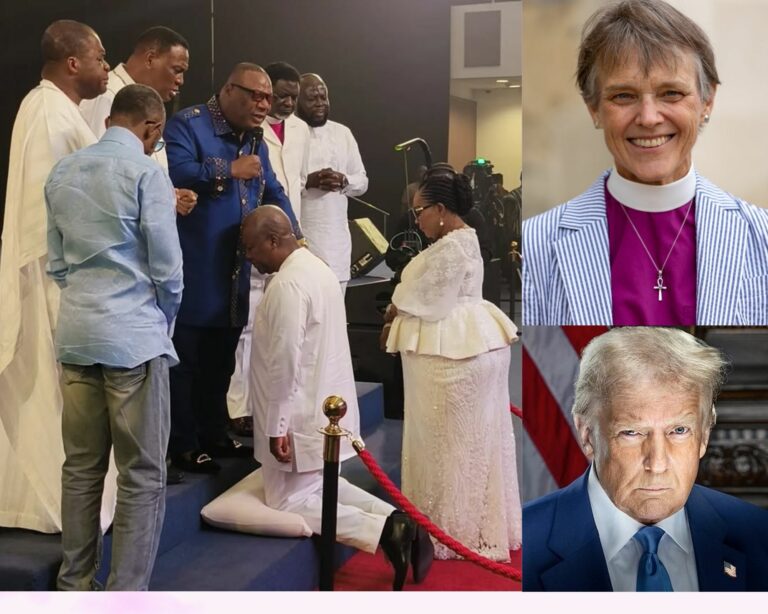
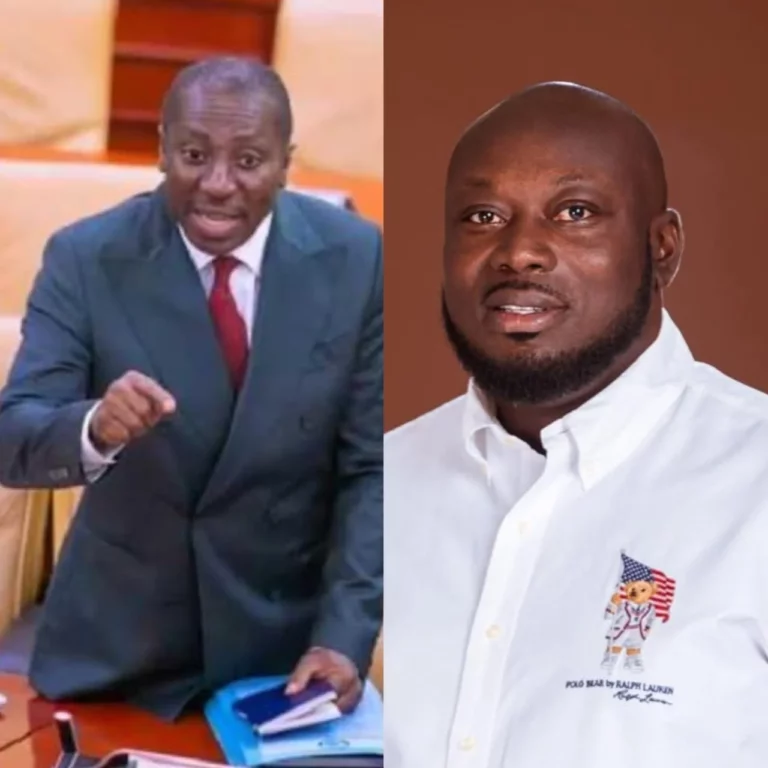
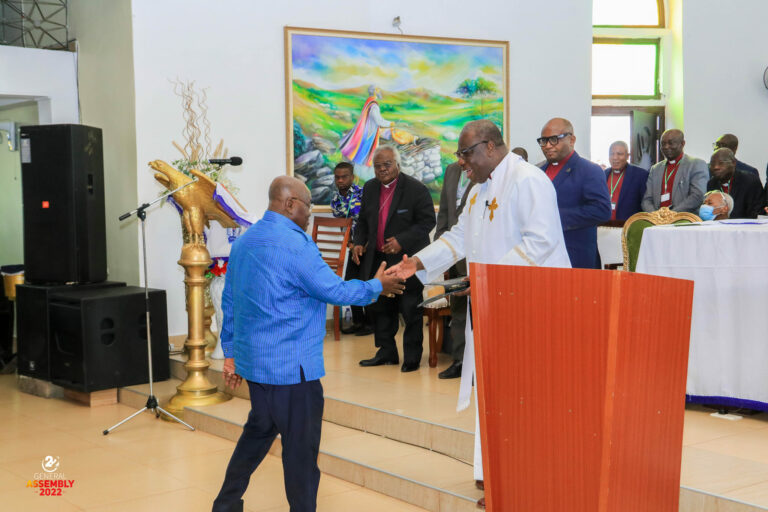
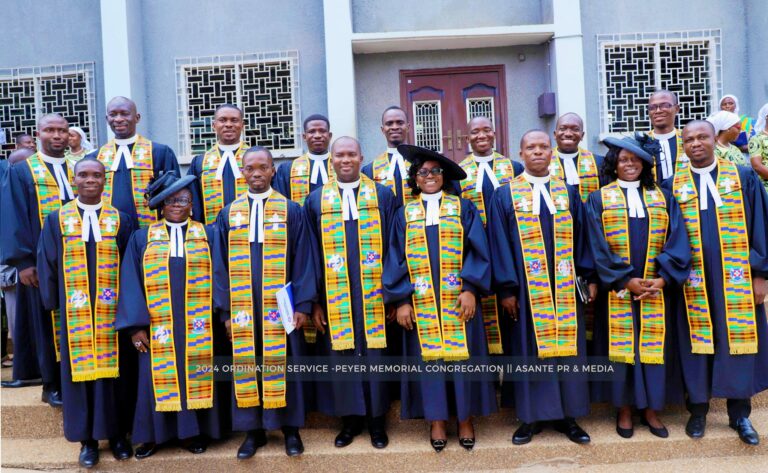
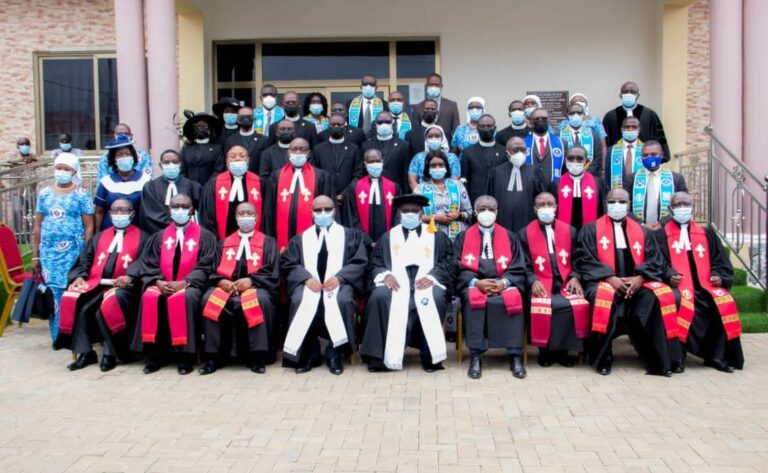



This Post Has 6 Comments
Response:
Inasmuch as your points raised may be the fact, they may also not entirely be the truth.
However, in terms of the church speaking the truth, the communique presented to the Veep clearly and without mincing words addressed the menaces to him.
Further, the running mate of the New Democratic Congress, in the person of Prof. Jane Naana Opoku Agyeman was also invited and the issues you outlined were duly addressed to her in order to make it crystal clear that the church is aware of the prevailing issues of the nation.
In addition, the two aspirants were presented with African Study Bible each as a guide to their spiritual journey.
To conclude, I must state that, the political figures weren’t the only ones invited to the 24th General Assembly. Traditional leaders, doctors, lawyers, judges and Captains of industries were equally invited and issues concerning the state were appropriately discussed.
Thanks.
Thank you for your comment
My arguement is that, Political leaders must not share the pulpit of the church. More so when they make personal donations to the church in huge sums of money. If we accept these funds from them, does it not compromise our position as a sacred entity?
Well written. You hit the nail right on the head. The church needs to wake up.
Thanks for reading
Alfred, with all respect, be fair with the Presbyterian Church of Ghana.
You spotted the donation but failed to realise that the Church was bold to present the difficulties Ghanaians are going through to the politicians to be acknowledged. A lengthy communique touching on essential needs of Ghanaians with a call to make the nation better was unnoticed by you.
You couldn’t also notice that PCG demanded accountability and responsible leadership from both leading political parties in the nation at their visits to the 24th General Assembly.
You said “huge donations,” very subjective statement. My brother, the running mate of the leading opposition party, representing their flag bearer also joined the General Assembly and also made a donation too. Why would these donations blind the church from speaking truth to power and not be the prophetic voice of the nation.
The Church in Ghana, more especially the Presbyterian Church of Ghana has not compromised in any way and would not do that because of a political party’s donation.
This is a church whose membership cut accross all the political parties in the country, what are you saying?
When you say, “political leaders must not share the pulpit of the church,” I ask, WHY? Are they not humans? Are they defiled because of politics? Are you more holy that a politicians?
You’re speaking like Phaisees who said Jesus is eating with prostitutes and tax collectors. Or may be like Judas at the table in Simeon’s trying to plead the course of the poor yet had his hidden motive.
The Church must bring the politians closer in order to direct, admonish, correct, guide, counsel and influence the governance of the nation.
Please, be fair to the Presbyterian Church of Ghana and Churches in Ghana, they are absolutely on Christ’s Mission if they invite politicians to church.
Thank you for sharing your thoughts and perspectives on this issue. Your comments have further underscored the argument I have been making in several ways.
Firstly, you mentioned that I failed to acknowledge the communiqué issued by the church, which touched on the essential needs of Ghanaians and called for national improvement. However, this raises a critical question: Could the church not have issued this communiqué without offering the pulpit to politicians? How do we expect these same politicians to treat the communiqué with the authority and respect it demands after they have donated substantial sums to the very church that is now calling for accountability? This is precisely why I argued in my blog that such invitations and donations compromise the church’s moral authority.
We cannot decry corruption, issue a communiqué, and then, few hours later, openly accept large donations from political leaders on our pulpit. This inconsistency is why I posed the question in my blog: “Where do we expect the politicians to recoup these funds from when they win power?” The church, as a moral institution, cannot afford to send mixed messages. It is insufficient to claim that the church “demanded accountability and responsible leadership” from political leaders when it has already compromised that authority by accepting these donations.
Furthermore, I am not advocating for equal representation of political parties on our pulpit. The fact that the pulpit was offered to the NDC, and that they too made a donation, only reinforces my argument: the pulpit should not be a platform for political messages. When you assert that “the church has a balanced position on all sides of the political divide,” it suggests a misunderstanding of my argument. Let me clarify: the church should not be a venue for political messages of any kind. The pulpit is sacred, reserved solely for the Gospel. I don’t care who the individual is—the pulpit has one purpose: to proclaim the Gospel.
I was genuinely taken aback when you compared my stance to that of the Pharisees. I never suggested that politicians are inherently sinful and therefore unworthy of the pulpit. This is a misrepresentation of my argument. Rather, my point is that accepting financial donations from politicians compromises the church’s authority.
Consider the prophets of old: Would Elijah have accepted financial donations from Ahab? Would Amos have accepted gifts from Jeroboam II? Why do you think Elisha refused Naaman’s gifts, or John the Baptist would never have accepted gifts from Herod, or Jesus from Herod and the political leaders of His time? The answer is clear—such gifts would compromise their authority.
We have seen this dynamic play out in Ghana. When the PCG and other mainline churches contributed significant sums to the government for the National Cathedral, did they demand accountability when the project became mired in scandal and corruption? This is precisely what I mean when I say that inviting politicians to the pulpit and accepting donations from them blurs the church’s moral authority.
It’s clear that these invitations primarily serve to benefit the church officers, creating personal connections between the church leadership and political leaders that lead to protocol advantages and state benefits. For instance, why do you think the former Moderator was able to invite the President of Ghana, the Chief of Staff, and other government officials to his send-off service? It wasn’t merely a matter of protocol; it was because he had cultivated personal relationships with them. But then, how can we expect that same former Moderator to demand accountability from individuals with whom he has these close, personal ties?
We must recognize that the church is fundamentally a moral institution. As our Hymn No. 603 reminds us, we should always ask ourselves, “Would Jesus approve of this?” The church is called to lead by example, and that means upholding its moral authority without compromise. By blurring the lines between spiritual leadership and political favoritism, we risk losing the very essence of what the church stands for. The church must remain steadfast in its role as a moral compass, guiding its actions by principles that reflect the teachings and example of Christ.